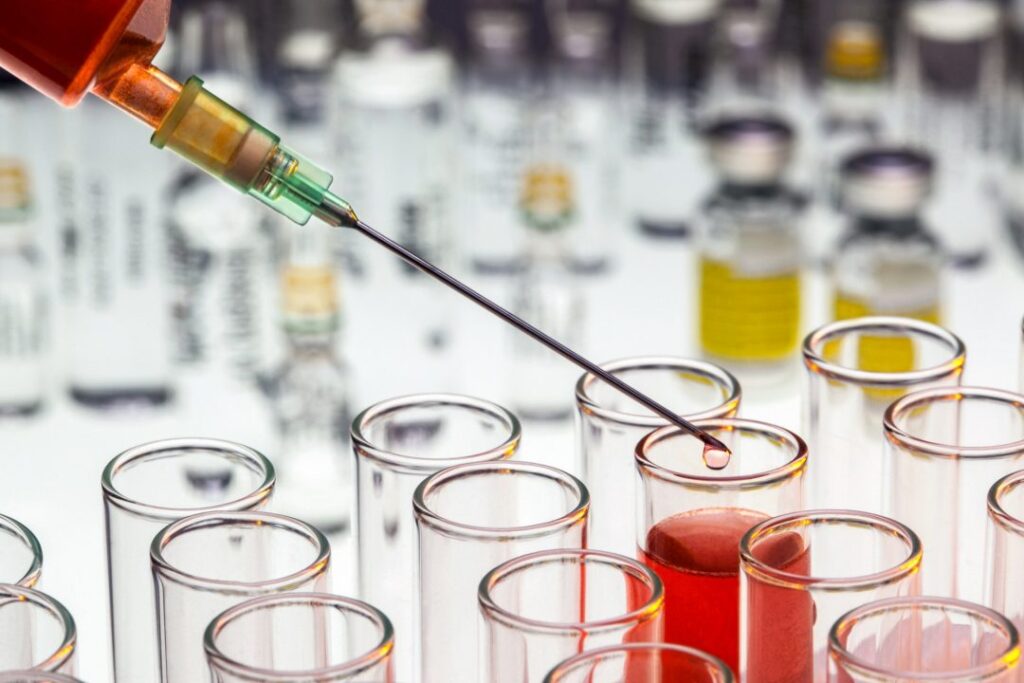- Have any questions?
- +92 213 5848 111
- hello@themedaccess.com
If the above tests do not yield results, we recommend for couple’s tests, to be done on both partners. The commonest among them is the genetic karyotype test.
Fertility testing can be complicated and stressful. Please meet Expert Doctors and get a better understanding of these tests. This will help you feel more comfortable and the process will become acceptable, helping you get pregnant.


Lorem ipsum dolor sit amet, consectetur adipiscing elit. Ut elit tellus, luctus nec ullamcorper mattis, pulvinar dapibus leo.